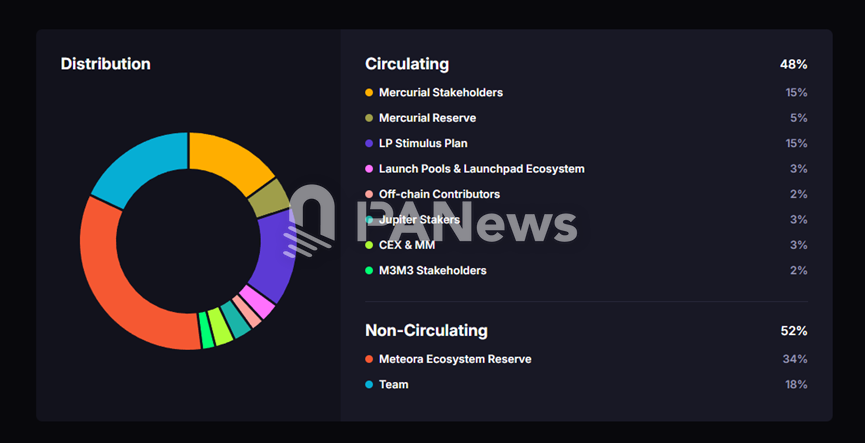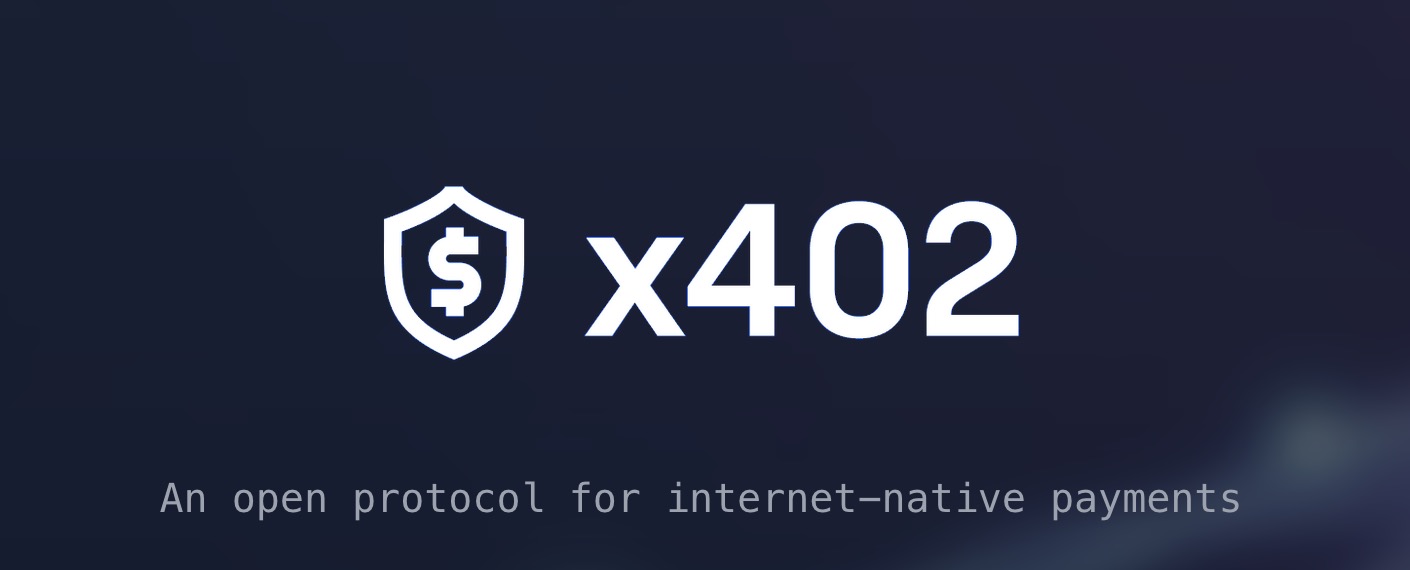- Australia unveils draft legislation for digital asset platforms.
- Industry welcomes regulation but warns of vague definitions.
- Calls for clarity to protect innovation and business growth.
Australia’s crypto sector is reacting positively to the government’s newly proposed draft laws aimed at regulating digital asset platforms. These laws are part of the broader push to bring clarity and consumer protection to the rapidly growing crypto space.
The proposed framework, introduced by the Treasury, covers licensing and operational rules for crypto exchanges, custodians, and service providers. While many see this as a step forward, concerns have been raised about vague definitions and possible overreach that could hurt innovation.
Industry groups, including Blockchain Australia, say the initiative is a welcome move toward long-overdue regulatory certainty. However, they stress that the lack of precise terms in the draft could leave platforms confused about compliance obligations.
Why Definitions Matter in Crypto
A key issue is the broad and sometimes unclear language used to define what constitutes a “digital asset platform” or which assets fall under regulatory control. Experts warn that without tighter definitions, the laws could unintentionally rope in startups or smaller players who may not have the resources to comply.
Crypto advocates argue that overregulation or unclear rules could force innovation offshore, weakening Australia’s competitiveness in the global Web3 economy.
According to industry insiders, there’s still time to get it right. The draft is open for consultation until December 1, giving stakeholders a chance to push for more refined terms and balanced implementation.
Striking the Right Balance
Most in the crypto space agree that clear, fair rules are essential to protect users and support long-term industry health. But the challenge lies in creating legislation that offers security without stifling innovation.
Australia’s approach is being watched closely across the region, and a successful rollout could serve as a blueprint for other countries navigating the complex world of crypto regulation .



